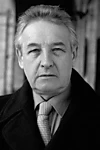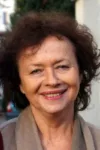Biography
(No Information)
Filmography
all 26
Movies 25
Writer 17
self 2
TV Shows 1
Creator 1
Writer
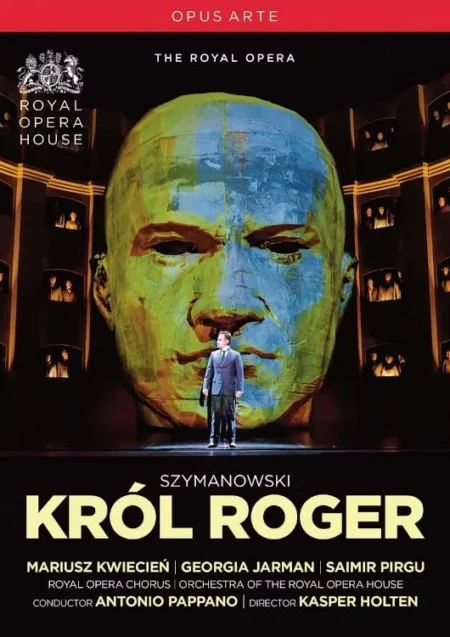
Król Roger (2015)
Movie
Writer

Sweet Rush (2009)
Movie
Creator
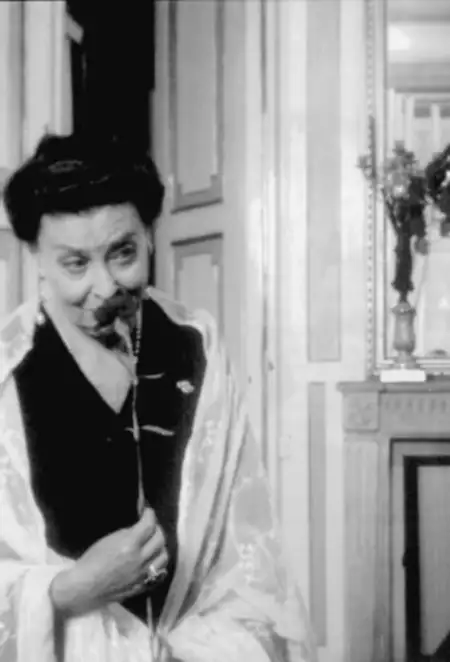
Glory and Glory (1998)
TV
Writer

Sérénité (1989)
Movie
Writer
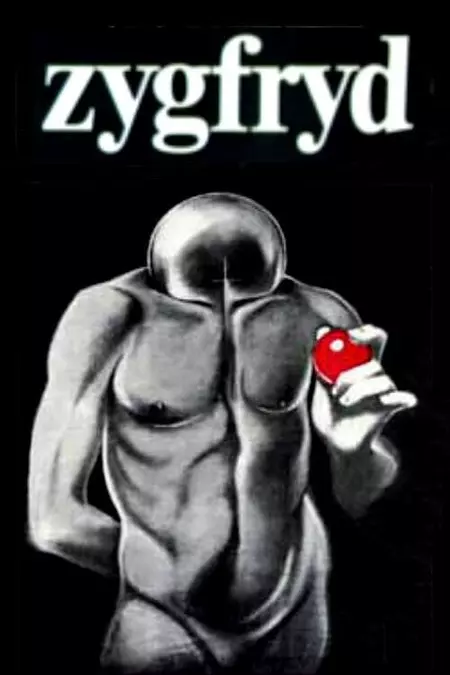
Siegfried (1987)
Movie
Writer
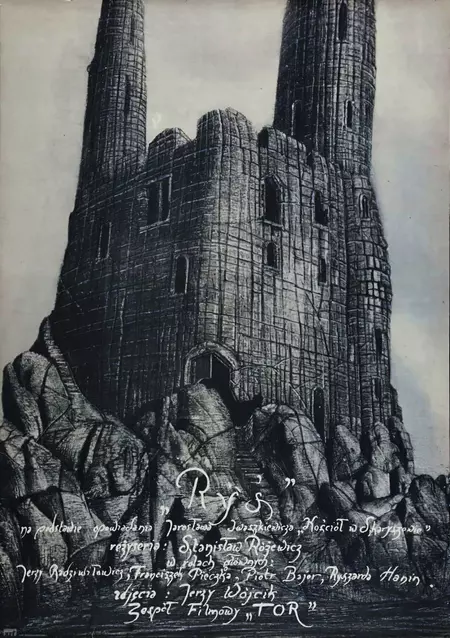
The Lynx (1982)
Movie
Himself (uncredited) / Short Story
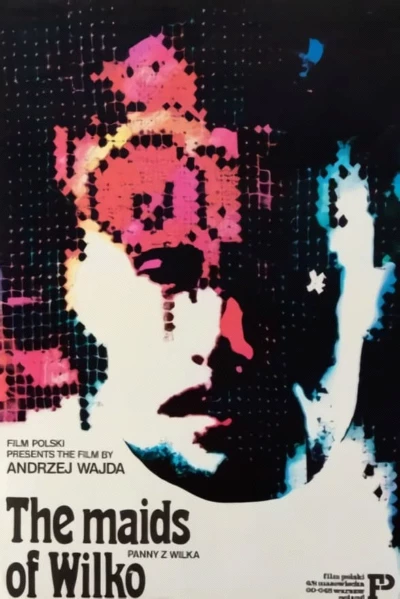
The Maids of Wilko (1979)
Movie
Theatre Play

Maškaráda (1976)
Movie
Writer
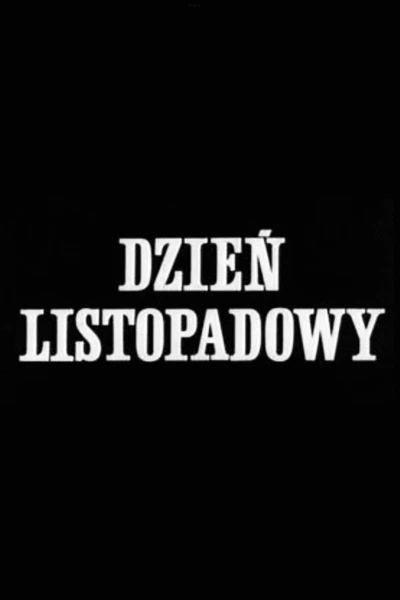
November Day (1971)
Movie
Short Story

Tatarak (1965)
Movie
Writer
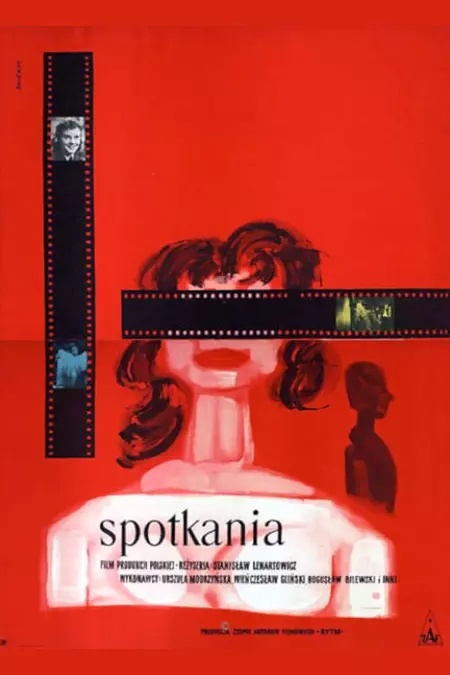
Spotkania (1957)
Movie
Writer
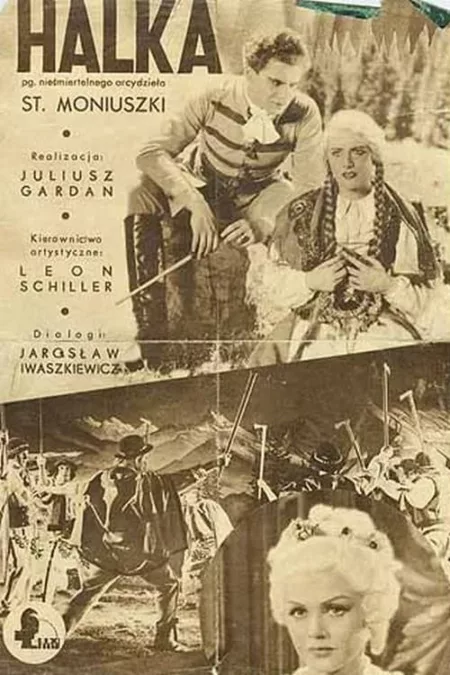
Halka (1937)
Movie
Writer

On The Niemen
Movie
Information
Known ForWriting
GenderMale
Birthday1894-02-20
Deathday1980-03-02 (86 years old)
Birth PlaceKal'nyk, Ukraine
ReligionLatin Church
ChildrenMaria Iwaszkiewicz
CitizenshipsPoland
AwardsGrand Cross of the Order of Polonia Restituta, Commander with Star of the Order of Polonia Restituta, Medal of the 10th Anniversary of People's Poland, Order of the Builders of People's Poland, Order of Friendship of Peoples, Lenin Peace Prize, Righteous Among the Nations, For services to the city of Gdańsk, Gold Cross of Merit, Work Flag Order, 1st class, Golden Laurel of the Polish Academy of Literature
This article uses material from Wikipedia.
Last updated:
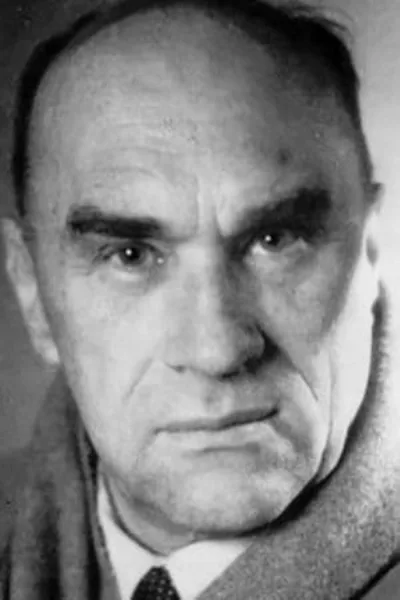 Jarosław Iwaszkiewicz
Jarosław Iwaszkiewicz- Filmography
- Information
- Related Persons
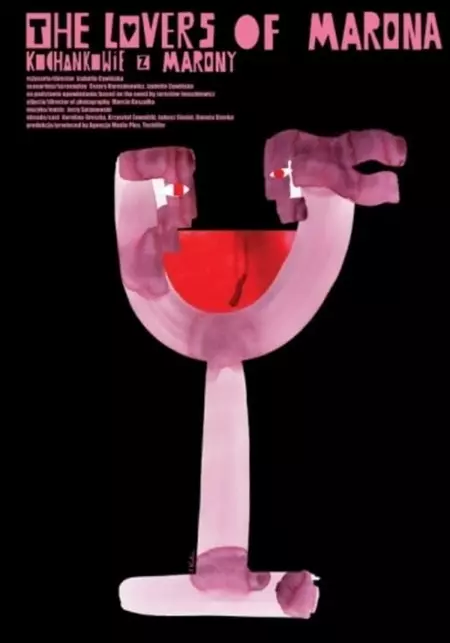
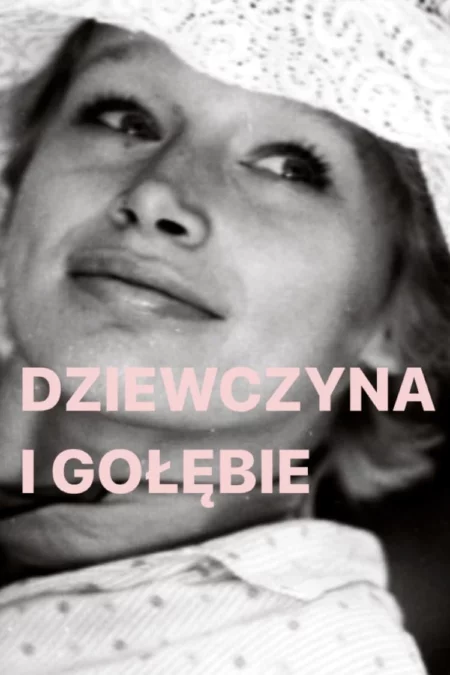
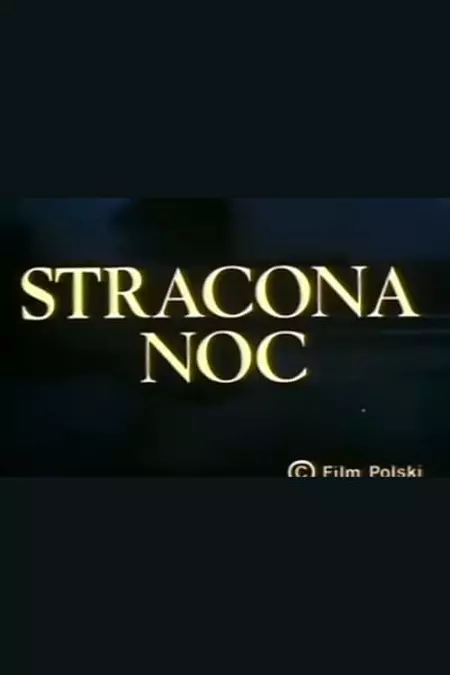
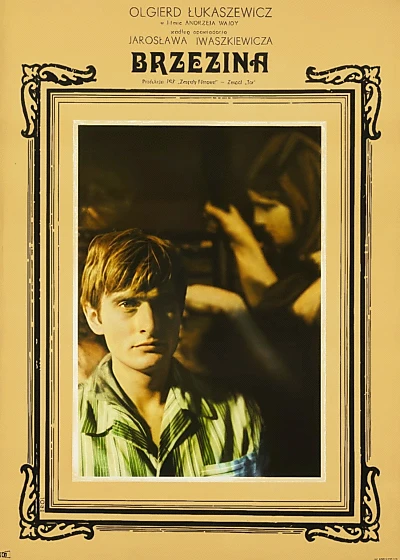
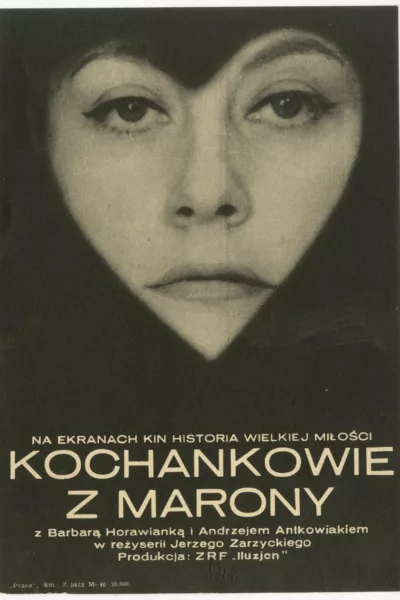
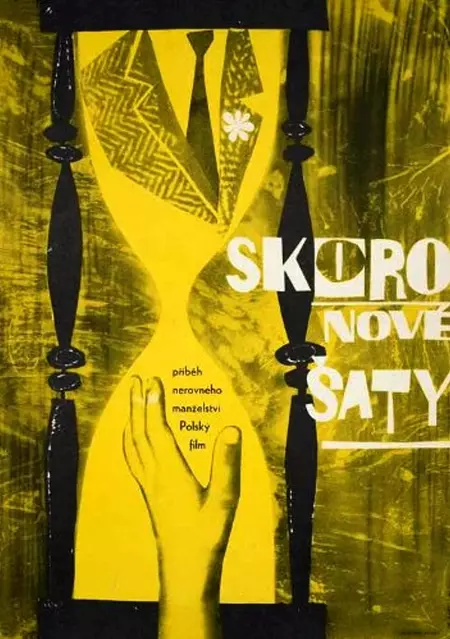
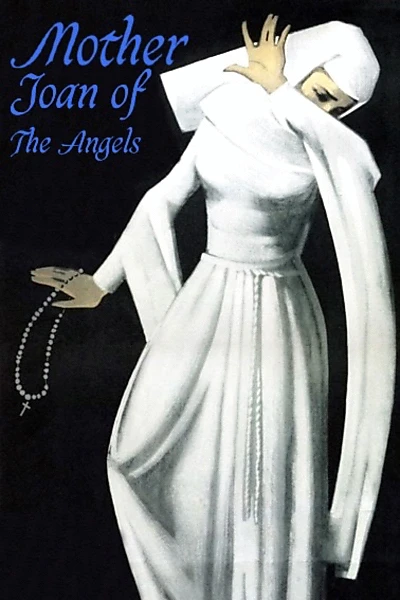
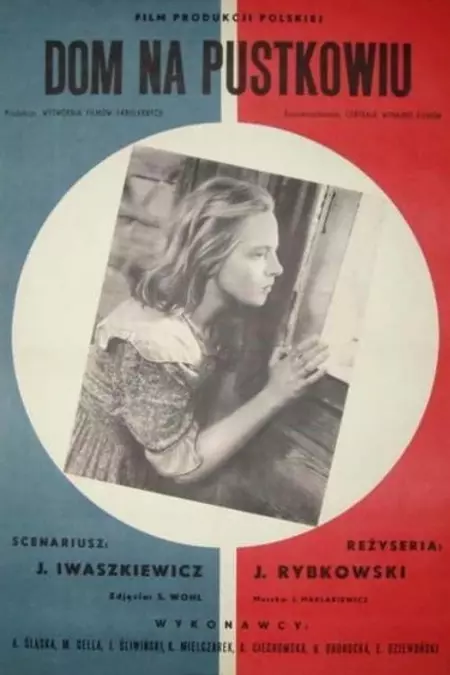
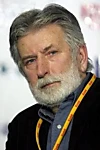
 ,
,